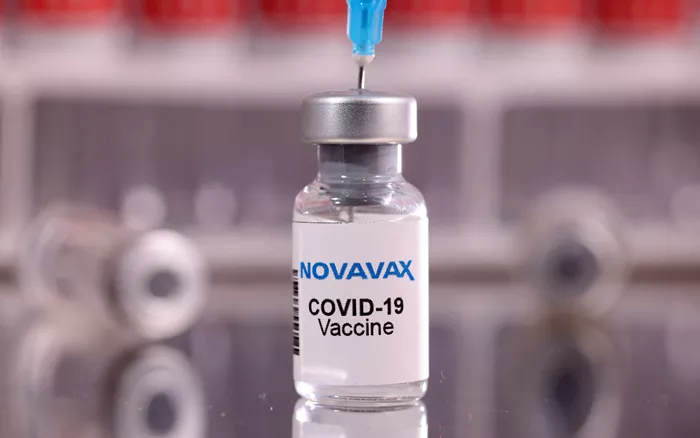In the ongoing fight against COVID-19 and potential future coronavirus outbreaks, scientists have made significant progress in developing next-generation antiviral therapies.
A recent study published in Science Advances reveals the discovery of powerful new antiviral compounds that could protect against a wide range of coronavirus variants, including those that have shown resistance to current treatments.
These novel compounds are designed to inhibit the main protease (Mpro) of SARS-CoV-2, an enzyme essential for viral replication. While medications like nirmatrelvir (Paxlovid) have offered effective treatment in earlier waves, emerging variants with drug-resistant mutations have reduced their efficacy.
In response, researchers explored over 800 million molecules to discover new scaffolds, leading to the development of several promising analogs.
Among the most notable compounds is AVI-4773, which demonstrated nanomolar potency and reduced viral loads to undetectable levels in mouse studies—outperforming current treatments like ensitrelvir. AVI-4516 also showed strong effectiveness against multiple variants, including Beta, Delta, and BA.2, as well as coronaviruses that cause the common cold and even MERS.
These new compounds not only showed broad-spectrum antiviral activity but also exhibited potential to overcome resistance. For example, AVI-4516 remained active against the E166Q mutation, which can make other drugs less effective. Additionally, some compounds proved more potent than existing treatments when tested against viruses carrying multiple resistance mutations.
Importantly for public health, these compounds feature chemical structures that are easily modifiable, cost-effective to manufacture, and exhibit favorable distribution in body tissues. Their unique mechanism—permanent inhibition of viral replication enzymes—offers a new approach that may be harder for the virus to escape through mutation.
With the constant threat of new coronavirus variants and the possibility of future pandemics from animal reservoirs, these findings represent a major step forward. Further research and clinical trials will determine their safety and effectiveness in humans, but early results are highly promising.
This discovery not only holds potential to improve COVID-19 treatment outcomes today but also helps prepare global healthcare systems for tomorrow’s viral threats.
Related topics:
- Curcumin: A Promising Solution for Obesity, Inflammation, and Neurodegenerative Diseases
- Should You Be Able To Do 11 Push-Ups For Better Health?
- Health Workers In Spain And Portugal Adapt To Power Outage Crisis


